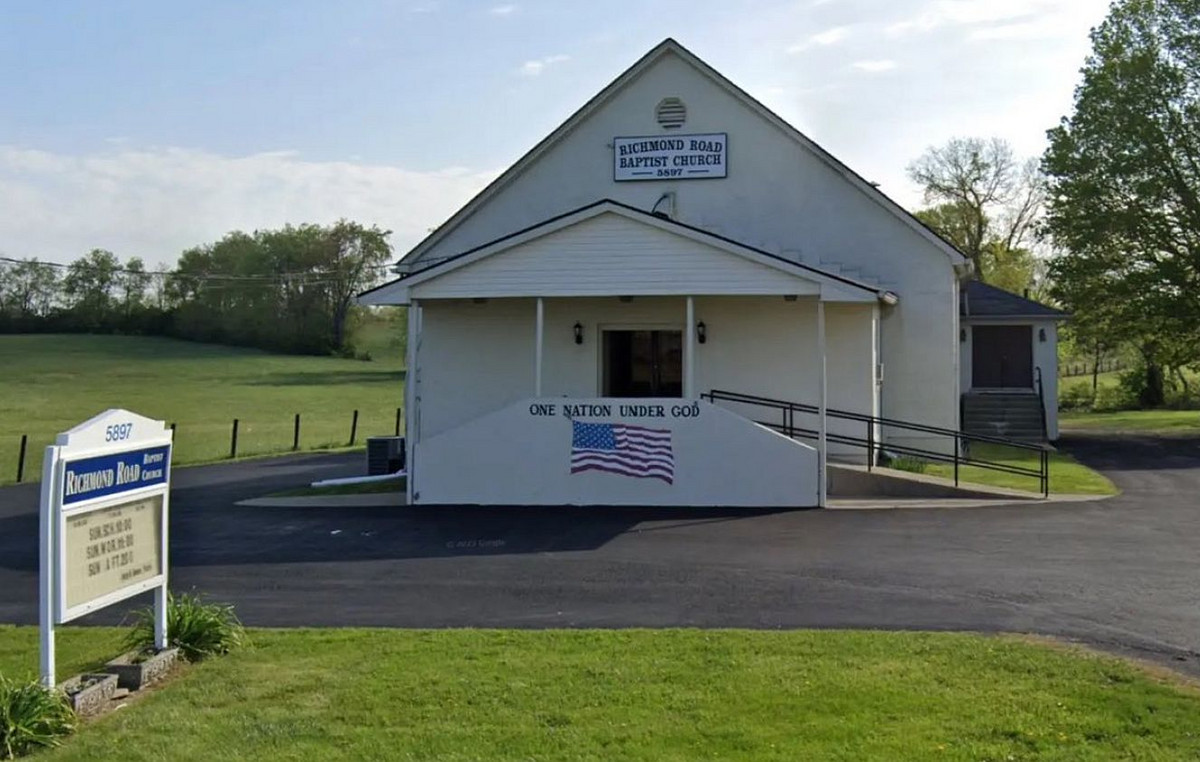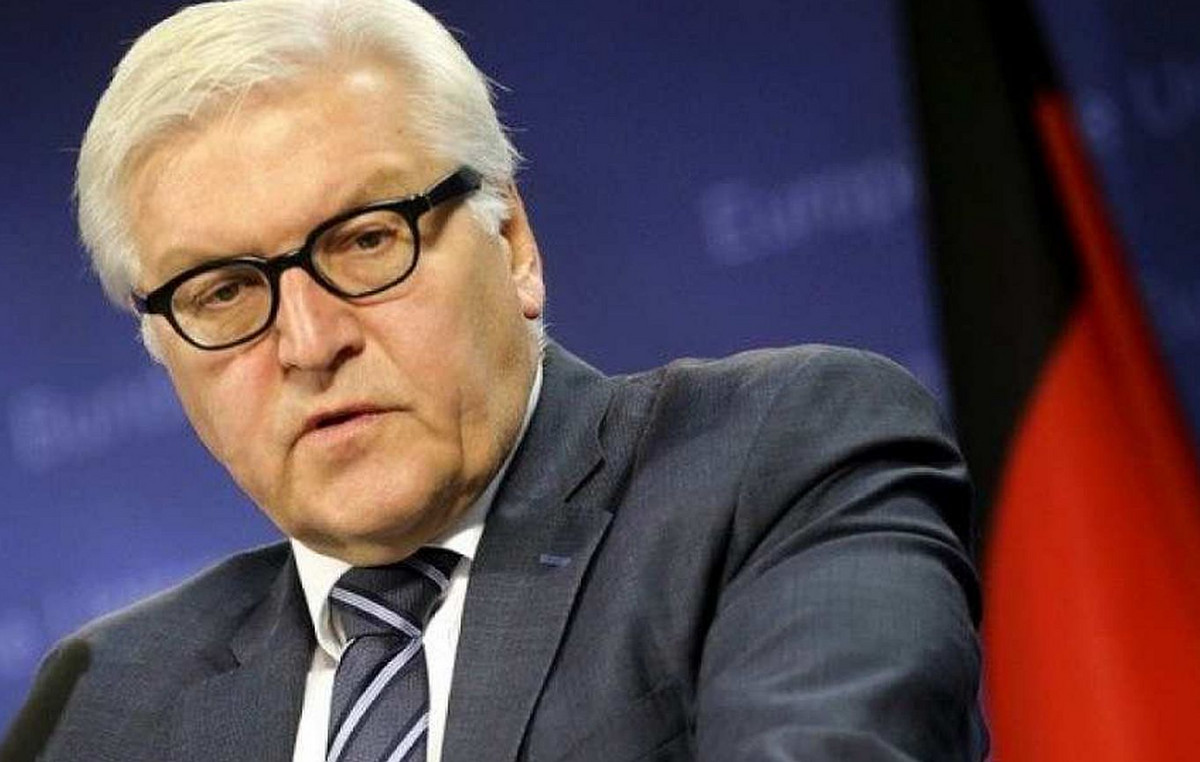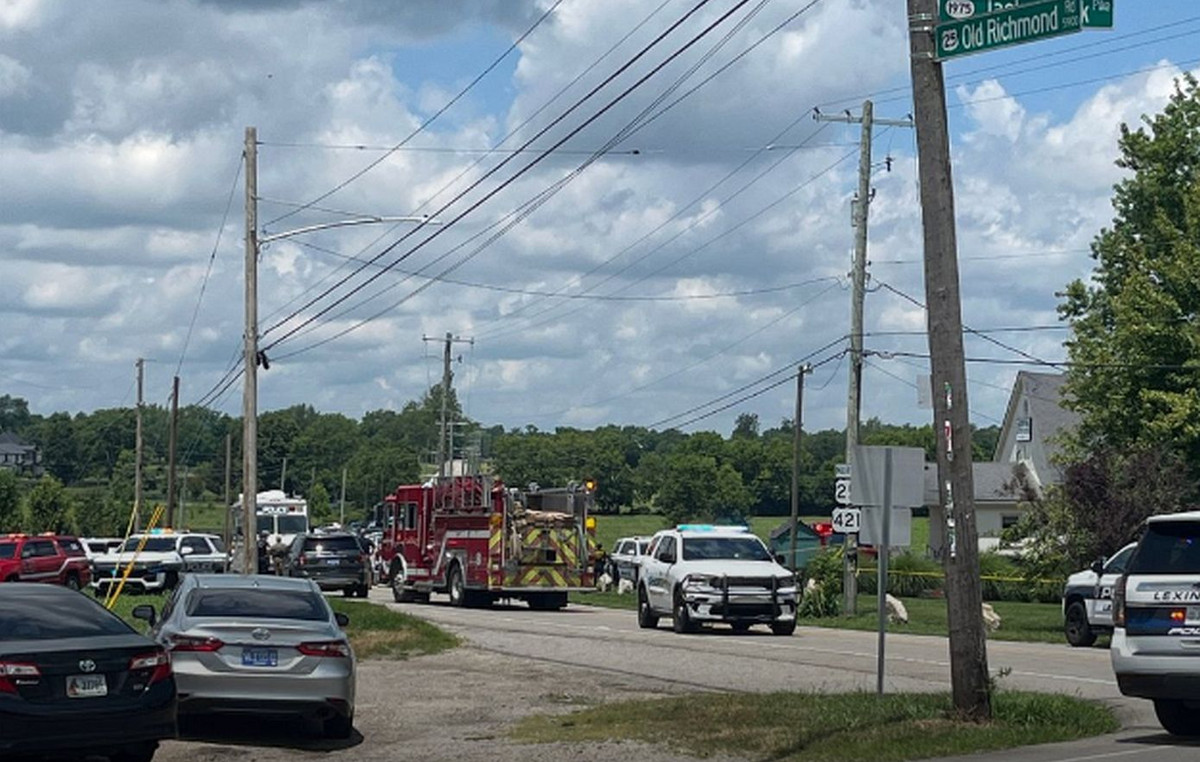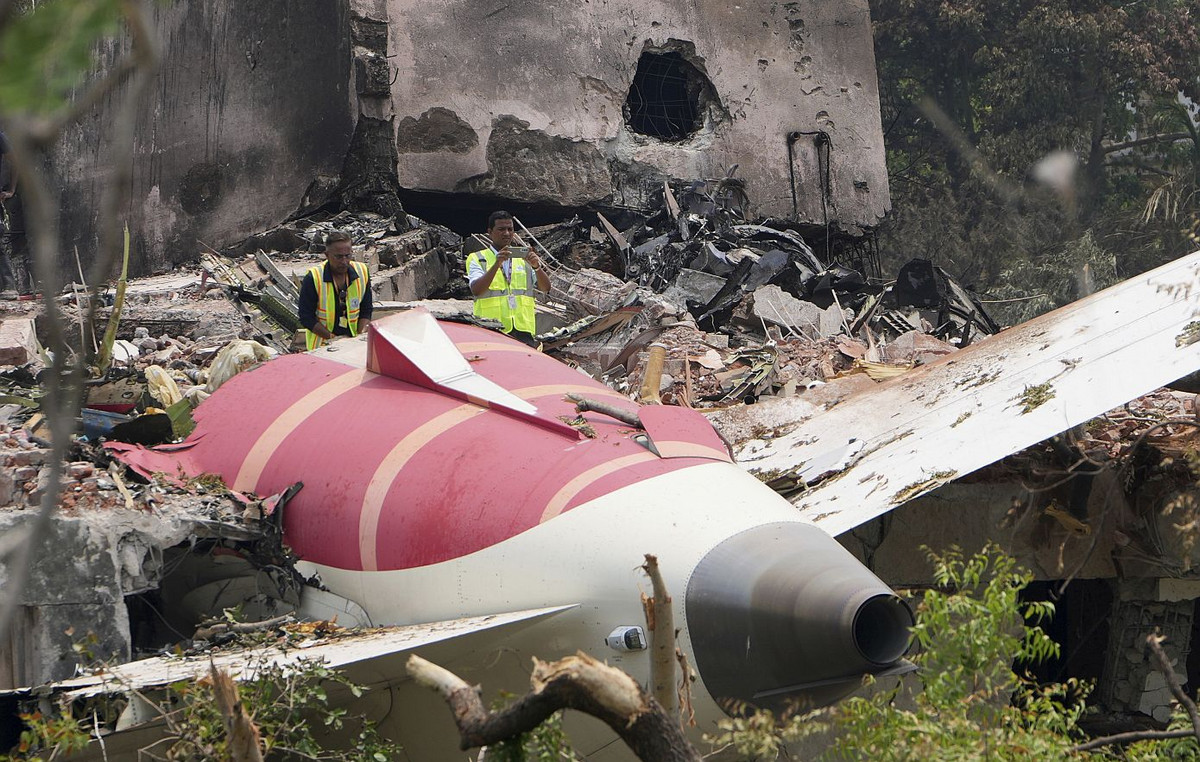A delegation of three Ukrainians came to Brasília and São Paulo to explain the country’s vision of the war with Russia. They met with influential senators Jaques Wagner (PT-BA), Renan Calheiros (MDB-AL), who chairs the Senate Foreign Relations and Defense Commission, and Randolfe Rodrigues (Rede-AP), leader of the government in the House.
They also met with six federal deputies and with Murilo Komniski, special advisor to the Presidency’s Institutional Relations Secretariat.
The three gave exclusive interviews to CNN after a seminar at the Fernando Henrique Cardoso Foundation.
Asked whether Ukrainians would be willing to cede territory in exchange for peace, Olexiy Haran, professor of comparative politics at the National University of the Kiyv-Mohyla Academy, replied: “I always ask this question in the Global South: imagine that your country was invaded , all bombed. A colonial empire announces that
part of its territory belongs to it. What would you do? Ukrainians are fighting.”
Based on surveys done by his university, Haran claims that “90% of Ukrainians are optimistic, believe in victory, and do not accept peace under Putin’s conditions, at the expense of Ukrainian territory.”
“And we showed that we are capable of liberating our territory”, continued the professor. “Our spirit is immense. The Russian Army is corrupt. [Vladimir] Putin is sending thousands of soldiers to their deaths. What are they dying for? We are fighting for our freedom. And we will continue to fight. We have liberated much of our territory and we are going to liberate all of Ukraine. That’s all we want. But we definitely need support.”
Haran rejected Putin’s justification for invading Ukraine that he was fighting Nazis: “The Nazis killed people because of their blood, their ethnicity. Are Ukrainian soldiers bombing Russia? Did they invade Russia? No. It is Putin who is bombing us.”
“Putin started the genocide against Ukrainians. The Nazis created an empire for everyone who spoke German. Putin does the same thing. We have Ukrainians, ethnic Russians, Crimean Tatars. Our president is Jewish, no problem. Russians say they are protecting ethnic Russians. They destroyed Kharkiv and Mariupol, where the majority of the population were ethnic Russians, ”he added.
Another member of the group is Anna Liyubima, director of the Department of International Cooperation at the Ukrainian Chamber of Commerce and Industry. She met with the Brazilian Trade and Investment Promotion Agency (ApexBrasil) and with the National Confederation of Industry (CNI).
Brazil opposes sanctions against Russia and increased imports of Russian products by 38% last year, sending US$ 7.85 billion to the country, mainly in the purchase of fertilizers.
Liubyma noted that Ukraine is one of the world’s largest producers and exporters of fertilizers, both chemical and organic. “That’s why it’s essential to introduce Ukrainian products to the Brazilian market,” she said. “I had meetings with several companies in Brazil and we decided to organize an online conference to put Ukrainian companies in touch with them.”
She acknowledged: “There is a sensitive aspect in relation to the price, because of the Russian blockade of our ports. But we have the Export Credit Agency, which is back up and running, and there’s a list of critical industries. It can support our exporters, as this is one of the most important issues for our government.”
Ukraine’s Gross Domestic Product (GDP) shrank by 30% in 2022 and exports by 35%, but forecasts were even more pessimistic, noted Liyubima.
“Our companies are very resilient. Even during the war, they continue to operate, opening offices, relocating from destroyed and more dangerous places to safer ones. And even settling in other countries, like Brazil, in search of opportunities.”
The biggest problem is logistics, especially Russia’s blockade of seaports. Before the war, Ukraine had 18 ports in operation. Today, there are only three, and they only work for the grain corridor, as a result of an international agreement involving Russia and Ukraine.
That is, only agricultural products can pass through the ports. The other companies can only use railroads and trucks to export or import products. The second biggest problem is blackouts.
“The Russians attack our electricity infrastructure, and after these attacks, our companies are without power, which means they don’t have internet connection, cell phones, or heating, and the winter is cold. In the case of hospitals, it is a matter of life and death”, said Liubyma. “But Ukrainian companies are brave. We bought generators and continued to operate.”
Value chains have been broken. With the relocations and reconstructions, they need to find new employees, new customers, new distribution chains, explains the executive.
“It is very complicated, but it is possible. As of April last year, the number of new companies has grown, and foreign companies have returned. For example, McDonald’s suspended operations until July, but has since returned. Foreign investment is coming back sustainably.”
With the group also came Reverend Ihor Shaban, from the Greek Catholic Church in Ukraine. “During these days we spent in Brazil, we learned that Brazilians are very open to peace, just like the Ukrainians,” he said.
“We understand peace in the right way. Our neighbors in Russia understand otherwise. They come and kill Ukrainians, women and children. This is not peace.”
Shaban continued: “If Brazilians understand what peace is, they must differentiate between good and evil. I fully understand Brazil’s economic and political situation in relation to Russia. But as a priest I have to say frankly that people need to choose their side: to support good or evil. Anyone who does not support good and remains silent is supporting evil.”
Source: CNN Brasil
Bruce Belcher is a seasoned author with over 5 years of experience in world news. He writes for online news websites and provides in-depth analysis on the world stock market. Bruce is known for his insightful perspectives and commitment to keeping the public informed.







